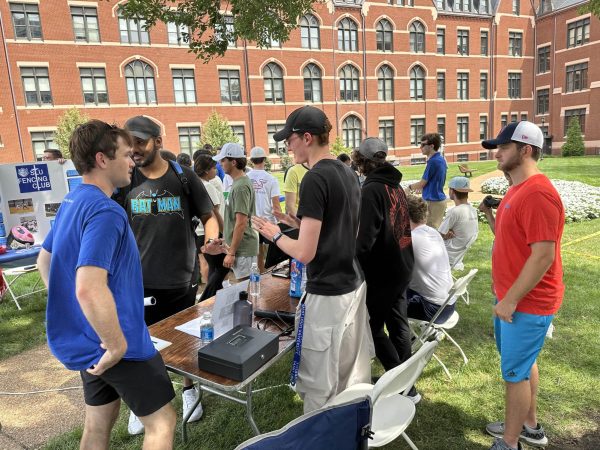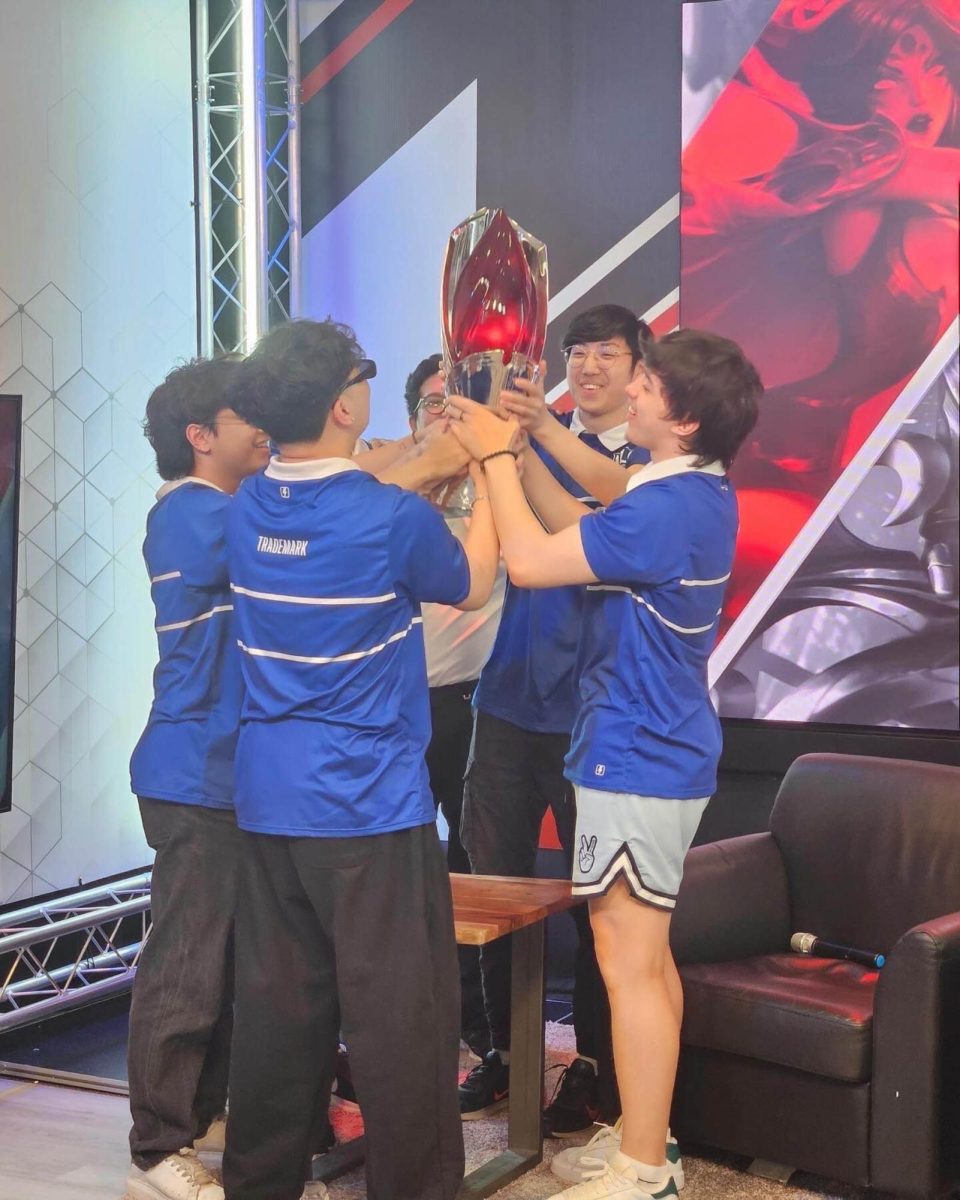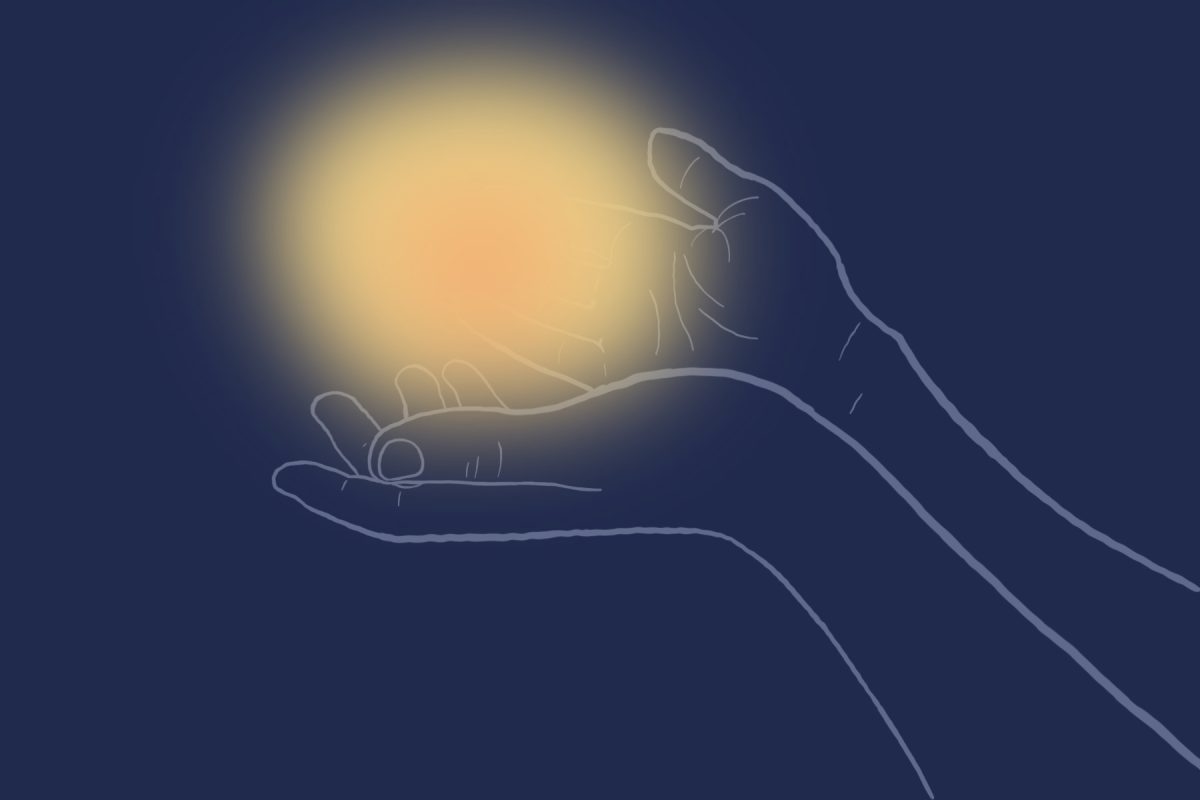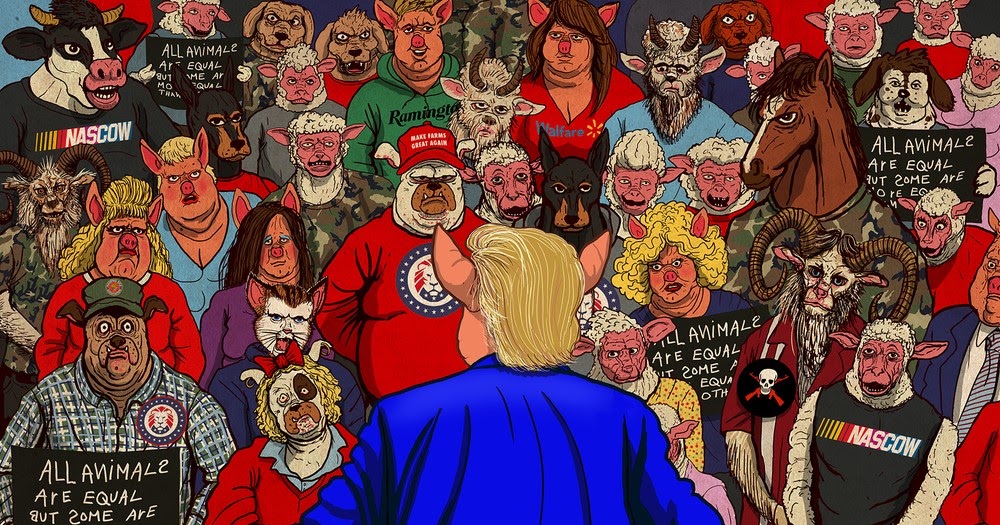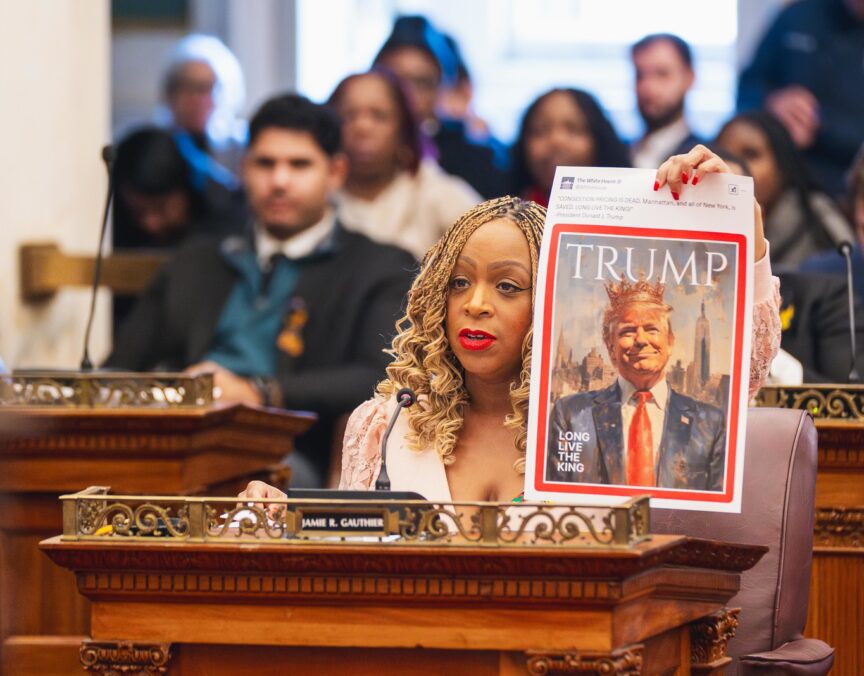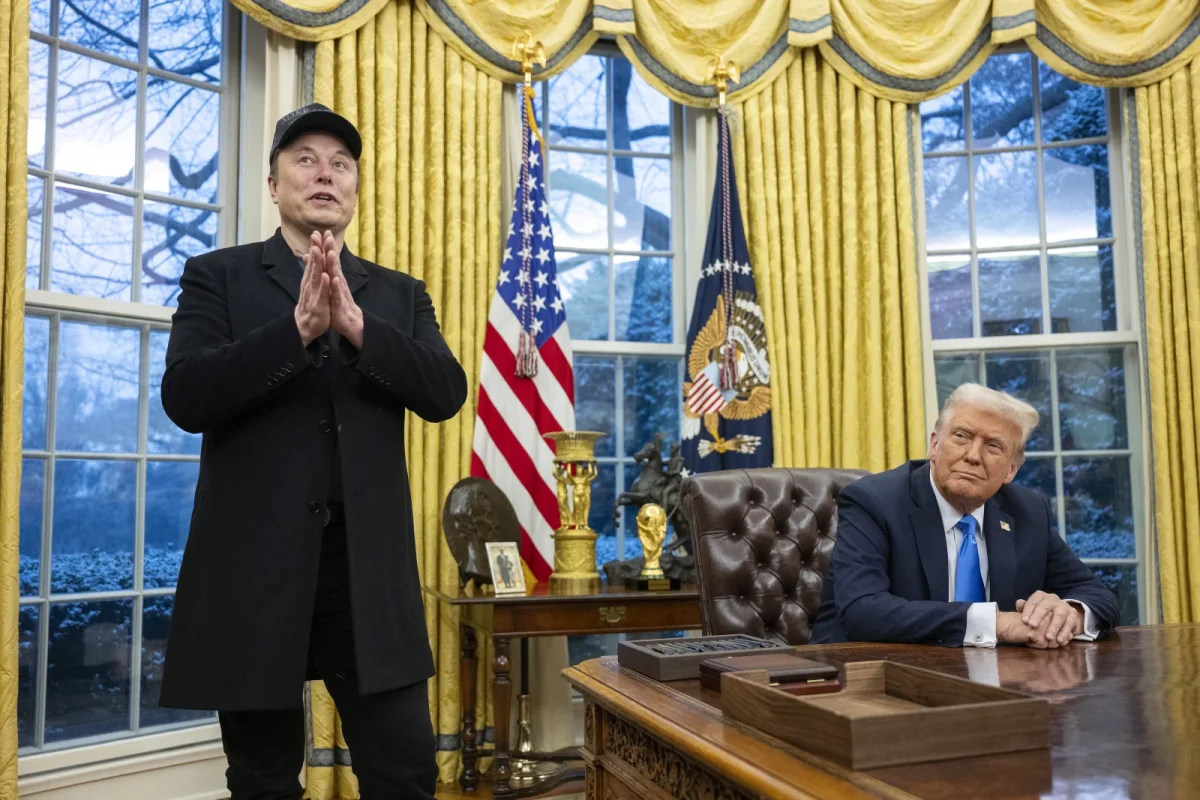Recently, as fate would have it, I was introduced to the president of SLU eSports, Jack Parrack. We quickly got to conversing and discovered that there was little awareness among the student body about the complete disbandment of the SLU varsity League of Legends team. After discovering we had mutual acquaintances, both in our work with the study abroad department and within the eSports team, we decided that we should bring awareness to the subject.
I felt as though the elimination of the team is not about the game itself, but rather, what it means to be part of a team. The zealous relationships formed and consequential experiences shared. It is about what these players have accomplished together and now, ultimately, what will crumble. It seems as though the SLU community as a whole, as well as the actual players on the varsity team, were blindsided by the budget cuts that ultimately led to their dissipation. Out of the various eSports teams that SLU houses, why cut the reigning national champions?
I had the chance to sit down with Aaron and Daniel, two players on the varsity team, as well as Parrack in the eSports lab — Aaron and Daniel asked for their last names to be kept out of the article.
The team discussed winning the national championship and what the preparation for that looked like. Aaron revealed that they ran into quite a challenge.
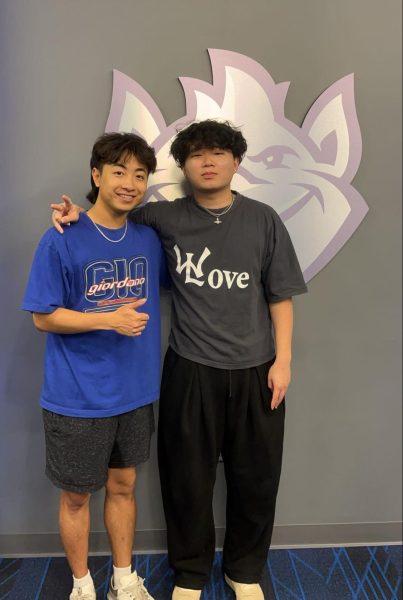
“We had to fly some of our teammates out, actually, because most of us were online,” Aaron said. The team consists of five people, three of which were flown out to St. Louis. “Over the summer, we stayed in St. Louis and had a month-long boot camp in the lab in person.”
Aaron explained that the boot camp was important because the team had to establish their bond from the ground up, unlike Maryville University, their rivals.
Aaron and Daniel both detail this boot camp experience with fond nostalgia, citing that the maximization of the team’s time together was something that can never be broken.
“We’ll be friends forever, and I wouldn’t have met them without SLU eSports,” Aaron said.
It is understandable, then, that the cut of the varsity team diverges much further than the game of League itself.
What started off as a lighthearted practice in order to prepare for the next season ended in a massacre of emotions. On Aug. 15, 2024, exactly two months and seven days after the College League of Legends championship (and $50,000 prize), the varsity team received an email that their program had been defunded, their program director had been fired, and their future was demolished.
Jack revealed that Nick Chiu, former SLU eSports faculty advisor and varsity League coach, had sent them a goodbye message in their Discord chat. What I found interesting, however, was that there was no communication with Chiu or the team from the championship in June to the dissolution date in August except for a peculiar interaction that Aaron detailed to me.
“The president of the university had a meeting with Chiu, and he wanted to take a picture with me and my other teammate, but it was never about budget cuts, it was always about budget increases,” Aaron said.
When asked if he knew anything about cutting the team, Aaron responded that budget cuts were “never discussed.”
It seems a bit odd that the year the varsity team brings home the championship trophy is also the year where they are the first team to go.
I was able to sit down with Chiu to get a better understanding of the program he built, as well as why he chose to stay at SLU after completing his degree here.
“I stayed at SLU because I believe in the school,” Chiu said. “I sculpted it. It’s easy to stay comfortable in a place you believe in as a product, which kind of bit me later.”
He noted that the university dismissed any moves he made if they did not involve winning.
“I wanted to prove to them that we were successful. I was like, ‘I can give you all these numbers, but do you care?’ kind of thing,” Chiu said.
Parrack and the other players shared similar sentiments. They said that they needed SLU to be honest and wanted transparency.
This lack of communication can be compared to relatively few situations, so it is understandable as to why the sudden dissolution of an established program being communicated through an email is worthy of a bigger discussion.
Daniel said that he felt blind-sighted, as if the university “did not even want a rebuttal.”
After winning the championship, Aaron felt as though they would receive more funding due to their hard work.
Chiu explains that he wishes he would have advocated for himself, above all.
“I do not want to look back and feel ill towards the club students,” Chiu said.“I don’t want to feel negative towards their success without me. But it’s sadly the way that everything went out.”
If SLU is that quick to dismiss the faculty advisory of a winning program, who is to say another club is not next?
Chiu recalled the moment he felt a sort of secrecy within the department, when the university was unable to tell him how to proceed after the championship win.
“We hit all the metrics,” Chiu said. “We’re the largest club on campus; we are nationally known and acclaimed, and these are things that other clubs struggle with. So I thought I would go to my boss and say, ‘What now?’”
The university, apparently, did not know what they wanted either. SLU mentioned budget increases multiple times. According to Chiu, even before the championship, he was in talks with his higher-ups about expanding the budget for the team.
“We had competitive success,” Chiu said. “I wanted to add a new title this upcoming year, but every time, talks were about maintaining the program, never pulling back.”
Allegedly, the eSports lab was opened to all students, and this was done without the consent of the current members. Chiu said that this was “good for the general student[s], but rough for competitors.”
Personally, it feels almost like an invasion of privacy — a complete acquisition of a space that was designed for eSports members being taken advantage of without their knowledge.
Aaron and Daniel are taking away incredible friendships and bonds formed in their few years playing on the SLU varsity League team. From “clowning Maryville” to bunking dormitory style during their one-month boot camp, these experiences will continue to shape the individual players and build their reaction to adversity throughout their college and adult lives.
Aaron and Daniel revealed that they still talk to Chiu regularly, although his response ratio steadily declined since the firing.
“He believed in me and he put his trust in me, and for that, I’ll forever be grateful,” Aaron remarked.
The boys recognize, however, that building the club for seven years only to eventually be ripped away just as it came to fruition has taken a mental and physical toll on the former director.
Chiu currently volunteers for MOSEF, the Missouri Scholastic eSports Federation.
“I volunteer a lot for them in terms of events,” Chiu said. “I connect with a lot of their high schools. We host their conferences here. A lot of their students choose to go to SLU because they hear about our program.”
When asked what he plans to do in the future, Chiu noted that the eSports market in general is a bad place to job search.
“I would rather work at another institution, just not in collegiate ESports,” Chiu said. “I created one of the strongest teams in the nation. If I go somewhere else, I feel like I wouldn’t be happy there either.”
For multiple days after the interview, in each conversation I had with fellow peers, colleagues, journalists and friends, the dissolution of the varsity team was brought up. It still baffles the eSports community that the team was the first to go, considering the money and reputation they brought to SLU. A model of resilience, perseverance and friendship destroyed by the capitalist nature of a private university.
SLU eSports continues to be a space in which individuals can express their passion, contribute their talent and engage in beautiful connections. The elimination of the varsity team is ultimately an unfortunate event, but the reputation of SLU begins to crumble when the lack of communication and honesty between them and the team is overlooked. This decision may reflect deeper financial and strategic challenges within the university, rather than the value of the players or the realm of League itself.
